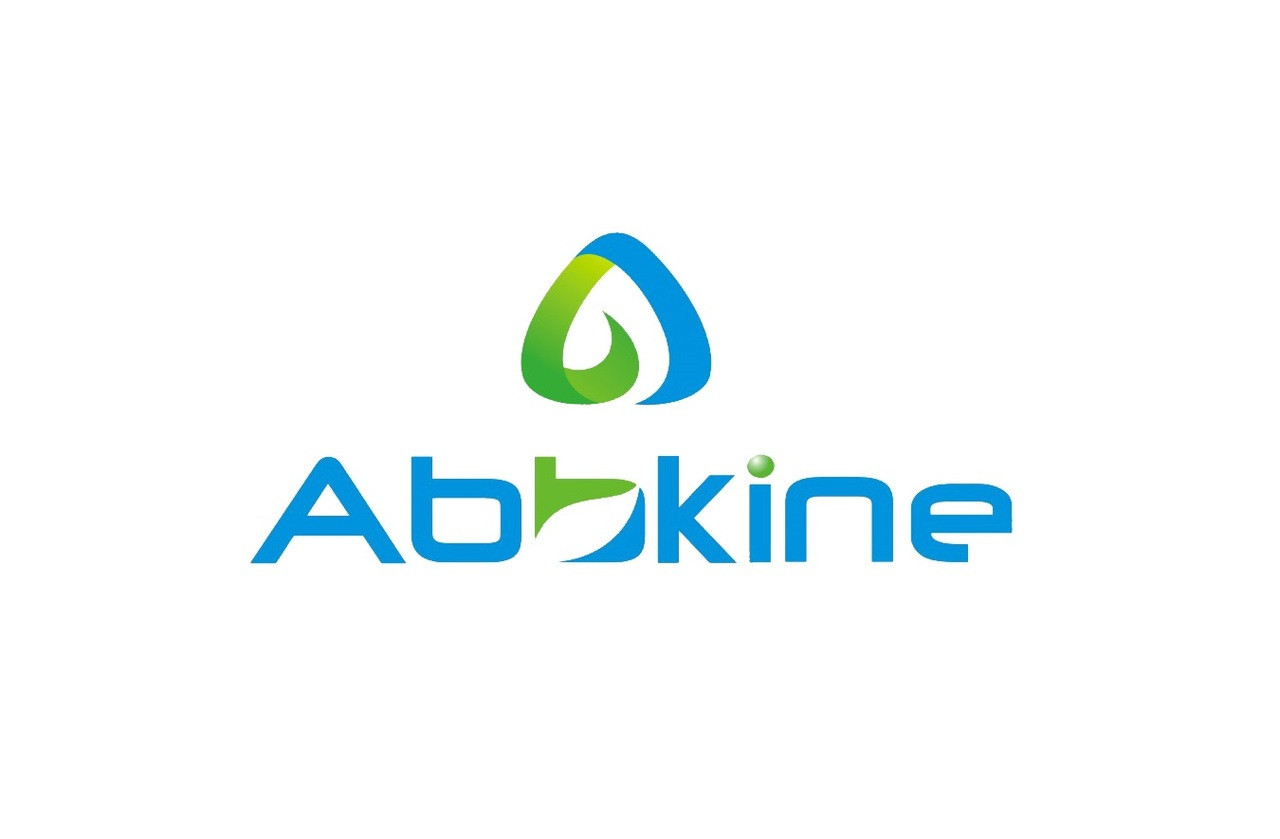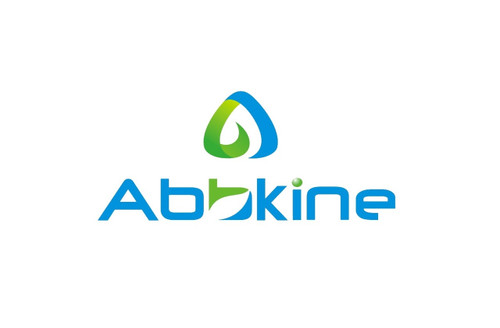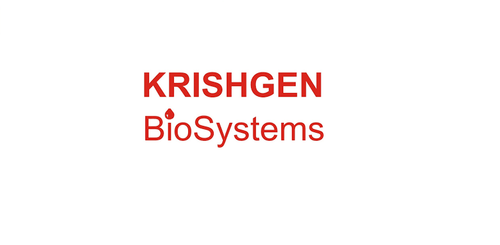Product Description
Mouse Bone marrow proteoglycan (PRG2) ELISA Kit | KTE70683 | Abbkine
Application: This Mouse Bone marrow proteoglycan (PRG2) ELISA Kit employs a two-site sandwich ELISA to quantitate PRG2 in samples. An antibody specific for PRG2 has been pre-coated onto a microplate. Standards and samples are pipetted into the wells and anyPRG2 present is bound by the immobilized antibody. After removing any unbound substances, a biotin-conjugated antibody specific for PRG2 is added to the wells. After washing, Streptavidin conjugated Horseradish Peroxidase (HRP) is added to the wells. Following a wash to remove any unbound avidin-enzyme reagent, a substrate solution is added to the wells and color develops in proportion to the amount of PRG2 bound in the initial step. The color development is stopped and the intensity of the color is measured.
Detection Method: Colorimetric
Conjugate: N/A
Sample Type: Cell culture supernatants#Serum#Plasma#Other biological fluids
Assay Type: Multiple steps standard sandwich ELISA assay with a working time of 3-5 hours. It depends on the experience of the operation person.
Kit Component: • Mouse Bone marrow proteoglycan microplate
• Mouse Bone marrow proteoglycan standard
• Mouse Bone marrow proteoglycan detect antibody
• Streptavidin-HRP
• Standard diluent
• Assay buffer
• HRP substrate
• Stop solution
• Wash buffer
• Plate covers
Features & Benefits: Mouse Bone marrow proteoglycan (PRG2) ELISA Kit has high sensitivity and excellent specificity for detection of Mouse PRG2. No significant cross-reactivity or interference between Mouse PRG2 and analogues was observed.
Calibration Range: Please inquire
Limit Of Detection: Please inquire
Usage Note: • Do not mix components from different kit lots or use reagents beyond the kit expiration date.
• Allow all reagents to warm to room temperature for at least 30 minutes before opening.
• Pre-rinse the pipet tip with reagent, use fresh pipet tips for each sample, standard and reagent to avoid contamination.
• Unused wells must be kept desiccated at 4 °C in the sealed bag provided.
• Mix Thoroughly is very important for the result. It is recommended using low frequency oscillator or slight hand shaking every 10 minutes.
• It is recommended that all samples and standards be assayed in duplicate or triplicate.
Storage Instruction: The unopened kit should be stored at 2 - 8°C. After opening, please store refer to protocols.
Shipping: Gel pack with blue ice.
Precaution The product listed herein is for research use only and is not intended for use in human or clinical diagnosis. Suggested applications of our products are not recommendations to use our products in violation of any patent or as a license. We cannot be responsible for patent infringements or other violations that may occur with the use of this product.
Background: Major basic protein The protein encoded by this gene is the predominant constituent of the crystalline core of the eosinophil granule. High levels of the proform of this protein are also present in placenta and pregnancy serum, where it exists as a complex with several other proteins including pregnancy-associated plasma protein A (PAPPA), angiotensinogen (AGT), and C3dg. This protein may be involved in antiparasitic defense mechanisms as a cytotoxin and helminthotoxin, and in immune hypersensitivity reactions. It is directly implicated in epithelial cell damage, exfoliation, and bronchospasm in allergic diseases.PRG2 is a 117-residue protein that predominates in eosinophil granules. It is a potent enzyme against helminths and is toxic towards bacteria and mammalian cells in vitro.
Alternative Names: PRG2; BMPG; MBP; MBP1; MGC14537; bone-marrow proteoglycan; eosinophil granule major basic protein; eosinophil major basic protein; natural killer cell activator; proteoglycan 2; proteoglycan 2 preproprotein
Search name: PRG2; BMPG; MBP; MBP1; MGC14537; bone-marrow proteoglycan; eosinophil granule major basic protein; eosinophil major basic protein; natural killer cell activator; proteoglycan 2; proteoglycan 2 preproprotein
Tag: PRG2
 Euro
Euro
 USD
USD
 British Pound
British Pound
 NULL
NULL












